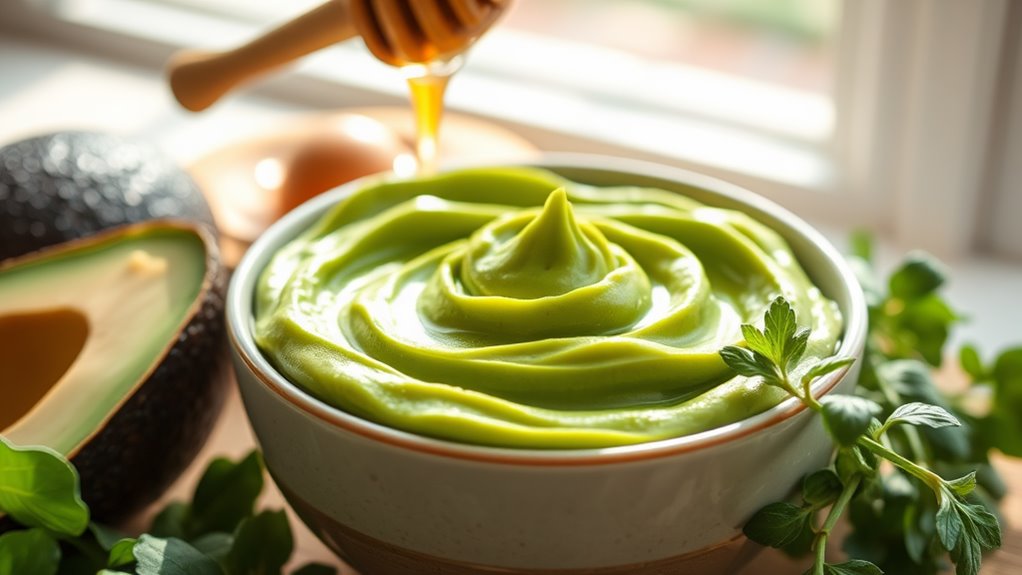3 Natural Oils That Stimulate Hair Growth Like Crazy
If you’re looking to boost your hair growth, you might want to consider incorporating natural oils into your routine. Castor, rosemary, and coconut oils have unique properties that can significantly enhance hair health. Each oil offers distinct benefits that target various aspects of hair growth and nourishment. Curious about how these oils can transform your hair? Let’s explore the powerhouse benefits that each of these natural ingredients can provide.
Key Takeaways
- Castor oil contains ricinoleic acid, which nourishes hair follicles and promotes healthier, faster hair regrowth.
- Rosemary oil enhances blood circulation to the scalp, delivering essential nutrients that boost hair growth and thickness.
- Coconut oil penetrates the hair shaft, strengthening strands and minimizing breakage, which supports overall hair growth.
- Regular application of castor oil leads to thicker, shinier hair, making it a powerful growth stimulant.
- Combining rosemary oil with a carrier oil for scalp massages can further stimulate hair follicles and improve overall hair health.
Castor Oil: The Hair Growth Powerhouse
Castor oil is often hailed as a hair growth powerhouse due to its unique composition of ricinoleic acid, which promotes circulation to the scalp.
This increased blood flow nourishes hair follicles, encouraging healthier, faster hair regrowth.
When you apply castor oil directly to your scalp, its thick consistency helps lock in moisture, making it an excellent choice among oils for hair regrowth.
Additionally, its antifungal properties can help maintain a healthy scalp environment, reducing issues like dandruff that might hinder growth.
Regular use can lead to thicker, shinier hair, making castor oil a must-try in your hair care routine. Moreover, studies have shown that essential oils can further enhance the effectiveness of castor oil in stimulating hair growth.
Rosemary Oil: A Stimulating Solution
Rosemary oil stands out as a stimulating solution for hair growth, thanks to its potent blend of antioxidants and anti-inflammatory properties.
It enhances blood circulation to the scalp, promoting nutrient delivery to hair follicles.
This oil contains rosmarinic acid, which helps reduce dandruff and improve scalp health. Additionally, essential nutrients found in rosemary oil contribute to the overall health of hair, making it even more effective for promoting growth.
You can easily incorporate rosemary oil into your hair care routine by mixing a few drops with a carrier oil, like jojoba or almond oil, and massaging it into your scalp.
Regular use may boost hair thickness and strength, making it a natural choice for anyone seeking vibrant, healthier hair.
Coconut Oil: Nourishment for Thicker Hair
Coconut oil is a powerhouse of nourishment that can significantly contribute to thicker hair. Its unique composition includes medium-chain fatty acids, which penetrate the hair shaft effectively, reducing protein loss and enhancing moisture retention.
By applying coconut oil regularly, you can strengthen each strand, minimizing breakage and promoting growth. Additionally, its antimicrobial properties help maintain a healthy scalp, reducing dandruff and irritation. Furthermore, using coconut oil as part of a DIY growth mask can amplify its effectiveness in stimulating hair follicles for maximum growth potential.
To harness its benefits, warm the oil slightly and massage it into your scalp and hair. Leave it on for at least 30 minutes before washing out. Consistent use can lead to visibly thicker, healthier hair over time.




